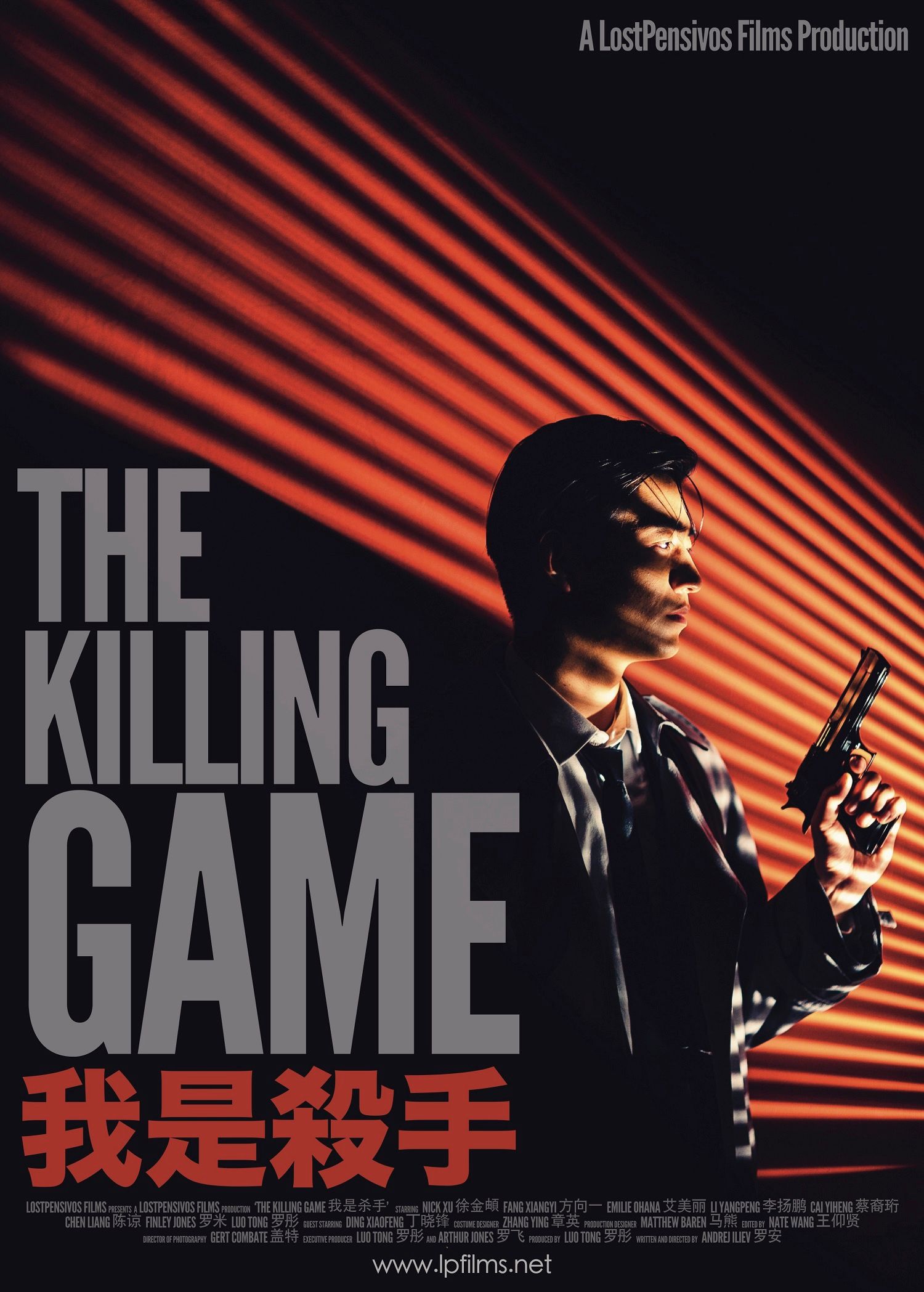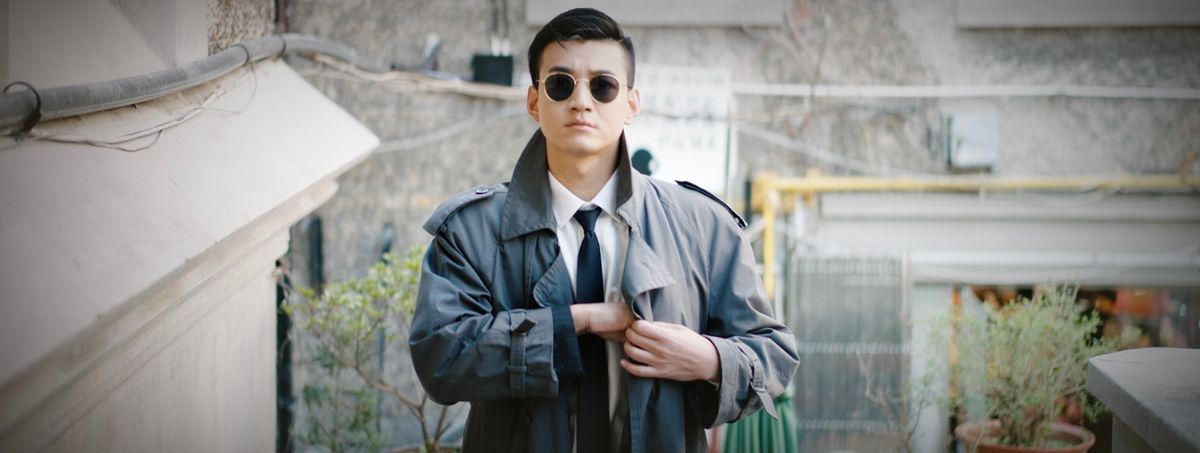We chat with producer Luo Tong, director Andrej Iliev and actor Nick Xu about their new crime-comedy, The Killing Game. They share their thoughts on working as a team, take us behind-the-scenes on their latest production, and let us in one of the best indie film hacks ever.
The Killing Game follows a ‘lean, mean, killing machine’ named Max (played by Nick Xu) who is hired to take out a hit on a notorious gangster named Pretty Boy Wang (Li Yangpeng). In the process, Max encounters a load of shady characters, rushes in to save the day, and yet somehow manages to miss some not-so-subtle-hints that maybe he wasn’t really chosen for this line of work after all.
For LostPensivos Films—the company behind TKG—the project also represents the next step on a journey which started with a close-knit team creating documentaries together more than fifteen years ago. As producer Luo Tong explains, employing a team capable of tackling a wide variety of projects is a big part of what she believes makes LP Films so special.
“Production houses in Shanghai usually don’t have their own creative team and they’re very specialized in certain areas like TV commercials. They usually take scripts from advertising agencies and they just do the execution,” Tong says. “For most of the projects that we work on, we’re also the creative team that’s connecting everything.”
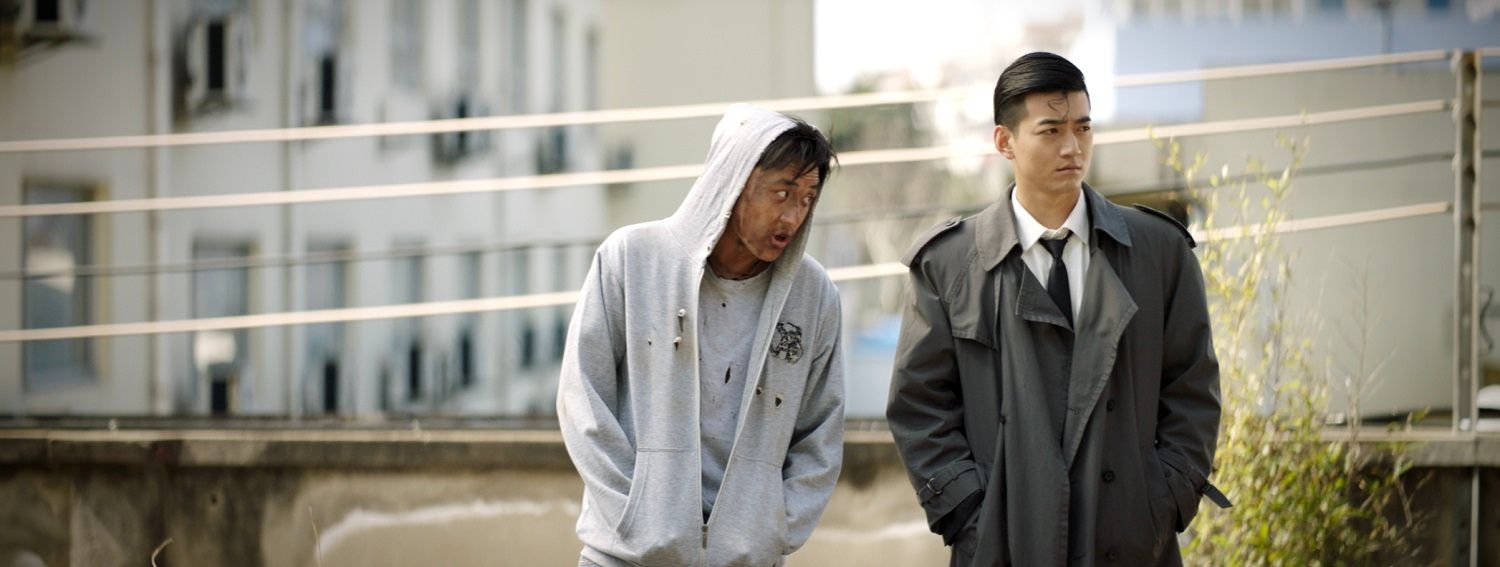
The company also employs a mixture of full-time Chinese and foreign staff and Tong further points to the team’s diversity as one of its primary strengths.
“Some clients who would like to get into the Chinese market want to have people who understand both cultures,” explains Tong. “And, we’re able to combine both Western and Eastern culture.”
For both writing and directorial duties on TKG, Tong turned to filmmaker Andrej Iliev last September. And, as the director states, the first step towards getting the project off the ground was getting everyone pointed in the same direction.
"Everything in the film is a cliché, but it’s done with a purpose."
“Originally it was supposed to be this really violent, violent thing,” recalls Iliev. “It included a killer, but he looked different and it was so bleak and dark and bloody. But, then LT was looking for a comedy, so we had to transition to comedy.”
Of course, it would be impossible to talk about the film without acknowledging the many references it makes to popular cinema—both Chinese and Western—and the director further emphasizes that it was all done not without reason.
“Everything in the film is a cliché, but it’s done with a purpose,” Iliev says. “There’s a purpose to all of the references and why they’re so obvious and why they’re so over-the-top.”
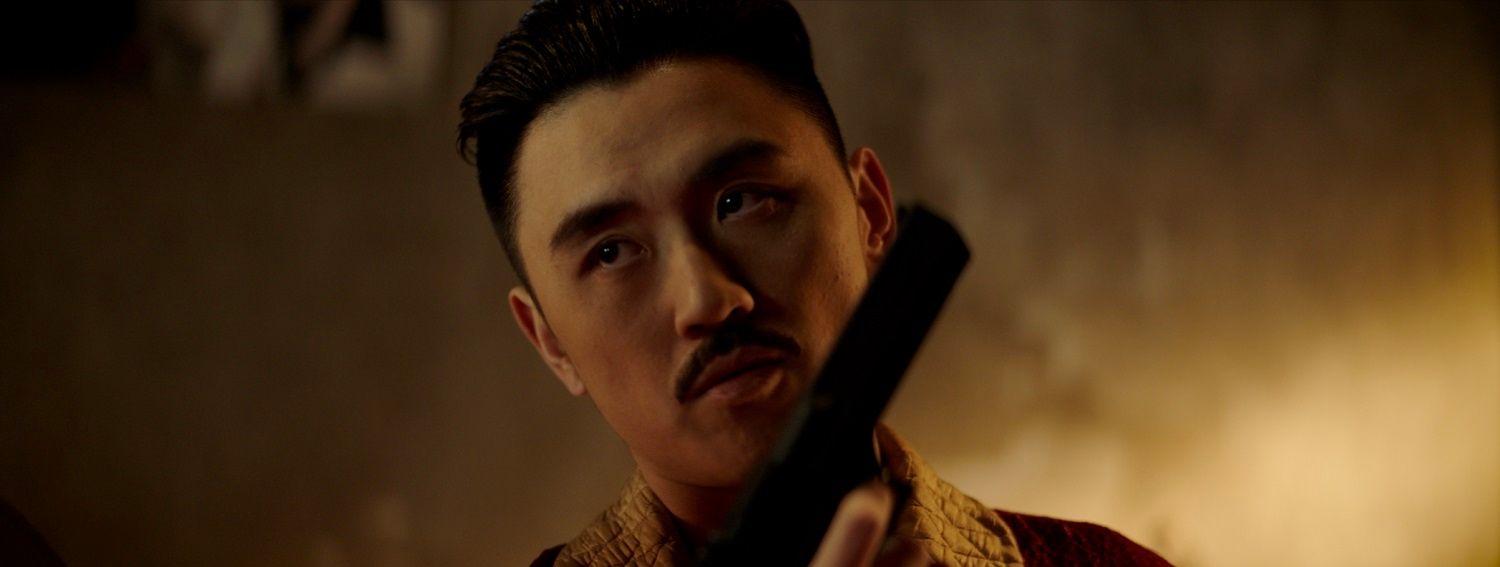
At the forefront of the film’s intertextual play is its protagonist Max—who is himself part-parody/part-homage to Chow Yun-fat’s character Mark Lee from the 1986 Hong Kong film, A Better Tomorrow. For TKG’s lead actor Nick Xu, the chance to emulate one of the most iconic characters in the history of contemporary cinema was also a dream come true.
“When I learned that I was going to play a role in this movie, I knew it was going to be a big challenge,” Xu states. “In the past, when I watched movies, I’d always imagined I was the lead actor and how would I act. Now, I had the chance to be the leading actor. So, I felt very happy and excited.”
As part of his preparations for the role, Xu spent time studying some of Chow’s on-screen mannerisms—including the way he turned when he walked and even the way he held a gun.
"Eventually, I found a gun guy that someone recommended to me and he says, 'You should just get cigarette lighters.'"
“I also watched his movie God of Gamblers when I was young,” Xu says. “His character was very impressive, magical, and amazing. So, I was wondering if I could copy him from that movie as well.”
When the project entered full-time pre-production following Chinese New Year this year, the team also spent a great deal of time ensuring everything would pass as realistic on-screen. This was especially true when it came to some of the weapons used by the characters in the film (pro tip ahead!).
“I’m not even sure I’m supposed to talk about it,” Iliev jokes. “We were buying all these [model] guns and they were either too small or they didn’t look real. Eventually, I found a gun guy that someone recommended to me and he says, ‘You should just get cigarette lighters.’ So, we bought a bunch of lighters that looked like guns and they looked great.”
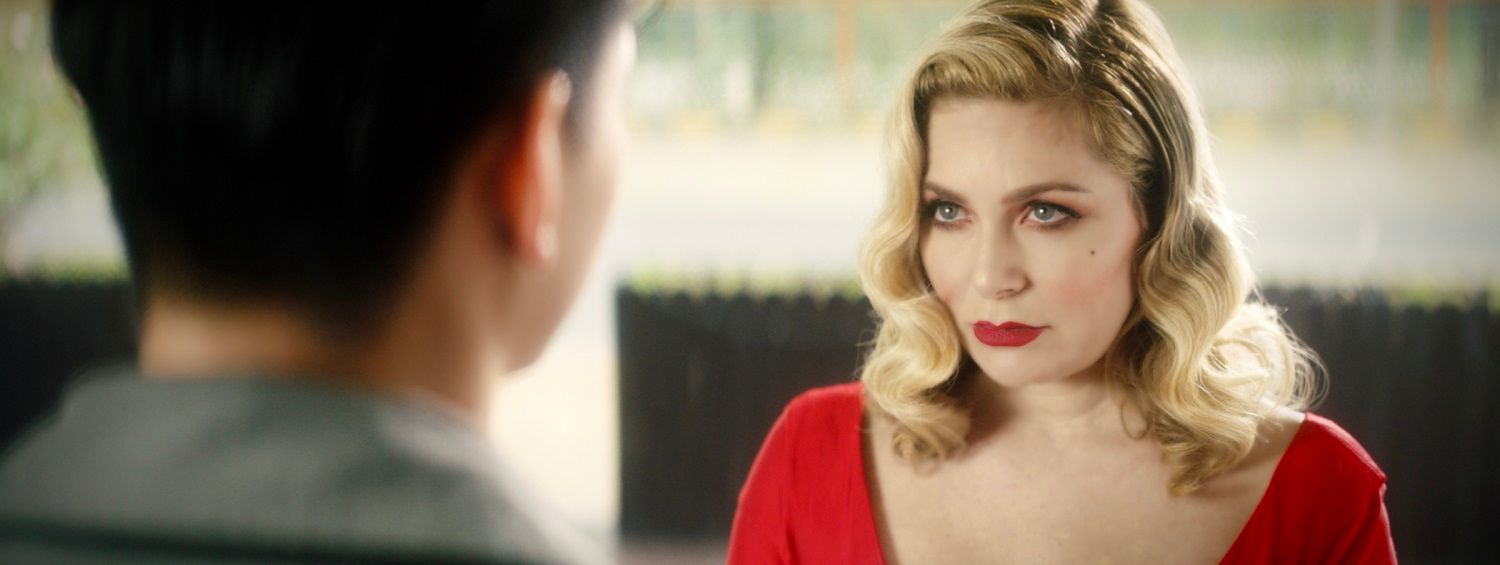
The entire project was filmed in three days in March 2017 in Shanghai—a pretty remarkable feat when you consider the running length comes in at just over twenty-two minutes. Moreover, the success of the shoot required a combination of both careful planning and the ability of the team to find creative ways to adapt to the circumstances.
“We looked at quite a few locations, but we had a very tight schedule. So, we had to find places that were near each other,” Tong says. “It takes a lot of time to travel with a crew you can’t afford it time-wise—because of that we had to go back and make the story make sense to make it work at those locations.”
Furthermore, the complexity of some of what Iliev had imagined put the team’s ability to work closely—both in front of and behind the camera—to the test. One shot in particular called for Xu to kick open a door, leap through the doorway, spin, and fire his gun (for the record, they got it on the sixth take).
"We had ropes and two guys pulling on the ropes to open the doors. So, when Nick kicks the door he doesn’t actually kick it open."
“We had ropes and two guys pulling on the ropes to open the doors. So, when Nick kicks the door he doesn’t actually kick it open,” explains Iliev. “And, then the camera was on a dolly and everything had to be very orchestrated.”
Nevertheless, despite the hard work and long hours the team put in, some of the most challenging aspects of the project also turned out to be some of the most rewarding.
“Every shooting day we got up at three or four o’clock to start working and then we’d wrap quite late—but it was all actually happening,” Tong says. “So, all the work that we’d put in to get to that point and all the favors we’d asked people for to support the project—I think it was worth the effort of actually doing all that.”
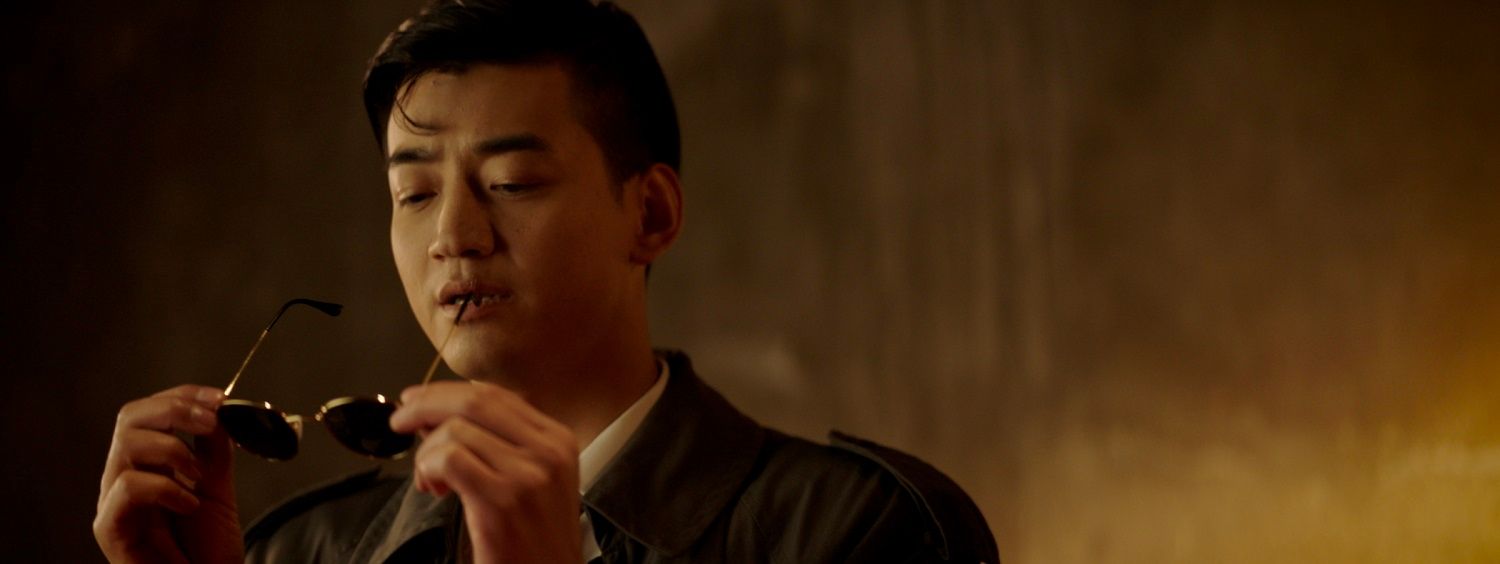
Now, even with post-production on the project all wrapped up, there is still a lot of work to be done to get the film out there on the screening circuit.
“As a producer, finishing the film is not the end,” Tong points out. “You’re going to take it to festivals and try to expose it to the world as much as possible. That’s something that I’ve kind of prepared to do. Whenever we hear back from any festivals it’s kind of exciting to us, too.”
In the absence of platforms like Withoutabox and FilmFreeway to connect filmmakers with festivals in China, however, getting your work into the hands of the people who can publicly screen it here often requires a bit of additional effort.
“There aren’t any similar things like [those sites] in China,” Tong states. “You really have to go to individual film festival websites to find out about them and there aren’t even that many film festivals here to be honest.”
"I hope this movie can win lots of awards. Then, we can make The Killing Game 2 or even make it into a feature-length film."
Nevertheless, despite the lack of options available, it’s not all bad news for those seeking festival exposure on the Mainland.
“I think the benefit here is that since Chinese festivals aren’t on these platforms, not as many people know of them,” Iliev adds. “So, they don’t get as many submissions as the prestigious foreign festivals.”
Ultimately, the team says they hope the film will find a receptive audience and that success will lead to further opportunities.
“I hope this movie can win lots of awards,” says Xu. “Then, we can make The Killing Game 2 or even make it into a feature-length film.”
